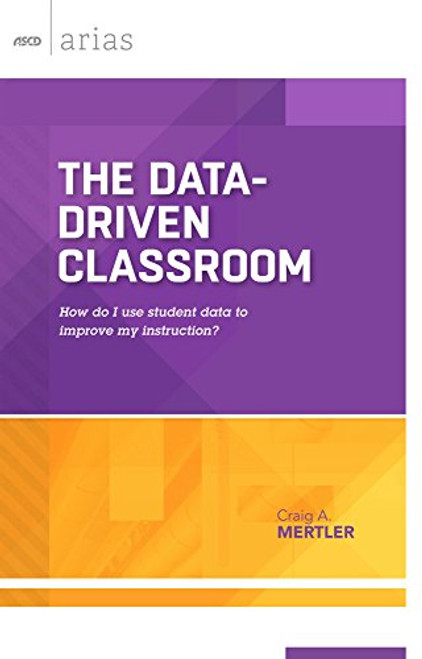Product Description
Why Grit?
Is our job to prepare students for success in school or for success in life? How we answer that question has powerful implications for what and how we teach. For too long, educators have focused only on getting students ready for the next test, the next grade, graduation, college, and so on. The test-score mania under which we've worked for the past decade—with students, teachers, and schools judged on percentiles—has exacerbated our short-term focus.
Don't misunderstand me: Students must be prepared to succeed in school; they must learn how to read, write, and calculate. But that's only the beginning. Our job as educators is to prepare students for success in the real world. A focus on success in life means that, beyond teaching the three Rs, we must also teach character, emotional intelligence, responsibility, and an appreciation for the complexity of human diversity. We must also teach the virtues of grit—tenacity, perseverance, and the ability to never give up.
Teaching grit can be difficult for educators because the concept appears to run counter to the caring school environments that we all esteem. It is very important that students enjoy learning and want to come to school, but teaching grit necessarily means that students will experience—and perhaps embrace—some frustration and pain. We do our students no favors if we fail to prepare them for the real world because they do not know how to respond to frustration and failure. Learning how to respond positively to setbacks is essential. Regardless of their academic performance, students are bound to encounter frustrations and failures in the real world; everyone will hit the wall sooner or later. Responding appropriately when things go wrong—turning a failure into a good failure, one from which we learn—is key to success in life.
Executive Functions and Grit
Our executive functions regulate and monitor our ability to organize, focus, and control our experiences. Our grit helps us determine how to respond when things go wrong. Most of us have developed routines that enable us to plan, work, and be successful. Grit gives us resilience. It not only keeps us focused on a task but also enables us to persevere when we fail. The self-monitoring and emotional control that grit provides is an important component of our executive functioning.
Table of Contents:
- Why Grit?
- Differentiation and Grit
- Grit Begins with you
- Grit and Competition
- The Six Steps of Teaching for Grit
- Grit Takes a Village
- Halls and Walls
- Teaching for Grit: A Lesson Plan
- Troubleshooting
- Encore








